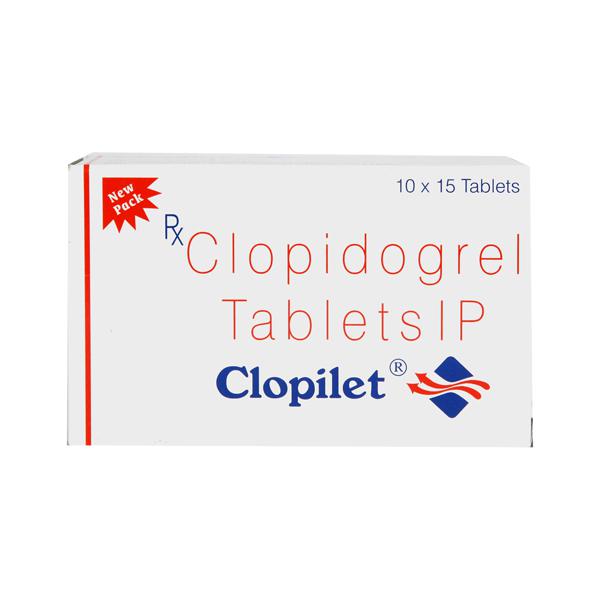clopinol
Introduction to Clopinol
Clopinol is a medication used to help prevent blood clots in people with heart or circulation problems. It is particularly beneficial for those who have experienced chest pain, poor circulation in their legs, a heart attack, or a stroke. By preventing blood clots, Clopinol helps maintain healthy blood flow and reduces the risk of serious complications.
Composition of Clopinol
Clopinol contains the active ingredient Clopidogrel, which works by stopping platelets in the blood from sticking together and forming clots. This action improves blood flow and reduces the likelihood of blockages in blood vessels.
Uses of Clopinol
- Prevention of blood clots in patients with heart conditions
- Reduction of risk of heart attack or stroke
- Improvement of blood circulation in patients with poor leg circulation
Side Effects of Clopinol
Common Side Effects:
- Bleeding more easily than usual
- Nosebleeds
- Bruising
Serious Side Effects:
- Coughing up blood
- Blood in urine, stools, or vomit
- Yellowing of the eyes or skin
- Extreme fatigue
- Signs of infection like fever or sore throat
Precautions of Clopinol
Clopinol should be used with caution in individuals with active bleeding disorders such as peptic ulcer disease or intracranial hemorrhage. It is not recommended for those with a history of hypersensitivity to Clopidogrel or any of its components, as well as those with severe liver disease. Additionally, it should be used cautiously when combined with certain drugs such as proton pump inhibitors or anticoagulants.
How to Take Clopinol
- Take Clopinol as prescribed by your doctor, usually 75 mg once daily.
- It can be taken with or without food.
- Swallow the tablet whole with a glass of water.
- In some cases, a higher dose (e.g., 300 mg) may be used initially, especially after a heart attack or stroke.
Conclusion of Clopinol
Clopinol is an effective medication for preventing blood clots in individuals with heart or circulation issues. By improving blood flow and reducing the risk of blockages, it plays a crucial role in managing and preventing serious cardiovascular events. Always follow your doctor's instructions and be aware of potential side effects and precautions when taking Clopinol.

Similar Medicines
More medicines by Knoll Pharmaceuticals Ltd
Available in 2 variations

Clopinol 150mg Tablet
strip of 10 tablets

Clopinol 75mg Tablet 10s
Strip of 10 tablet
Disclaimer : This information is not a substitute for medical advice. Consult your healthcare provider before making any changes to your treatment . Do not ignore or delay professional medical advice based on anything you have seen or read on Medwiki.
clopinol
Prescription Required
Manufacturer :
Knoll Pharmaceuticals LtdComposition :
clopidogrel












.svg)
